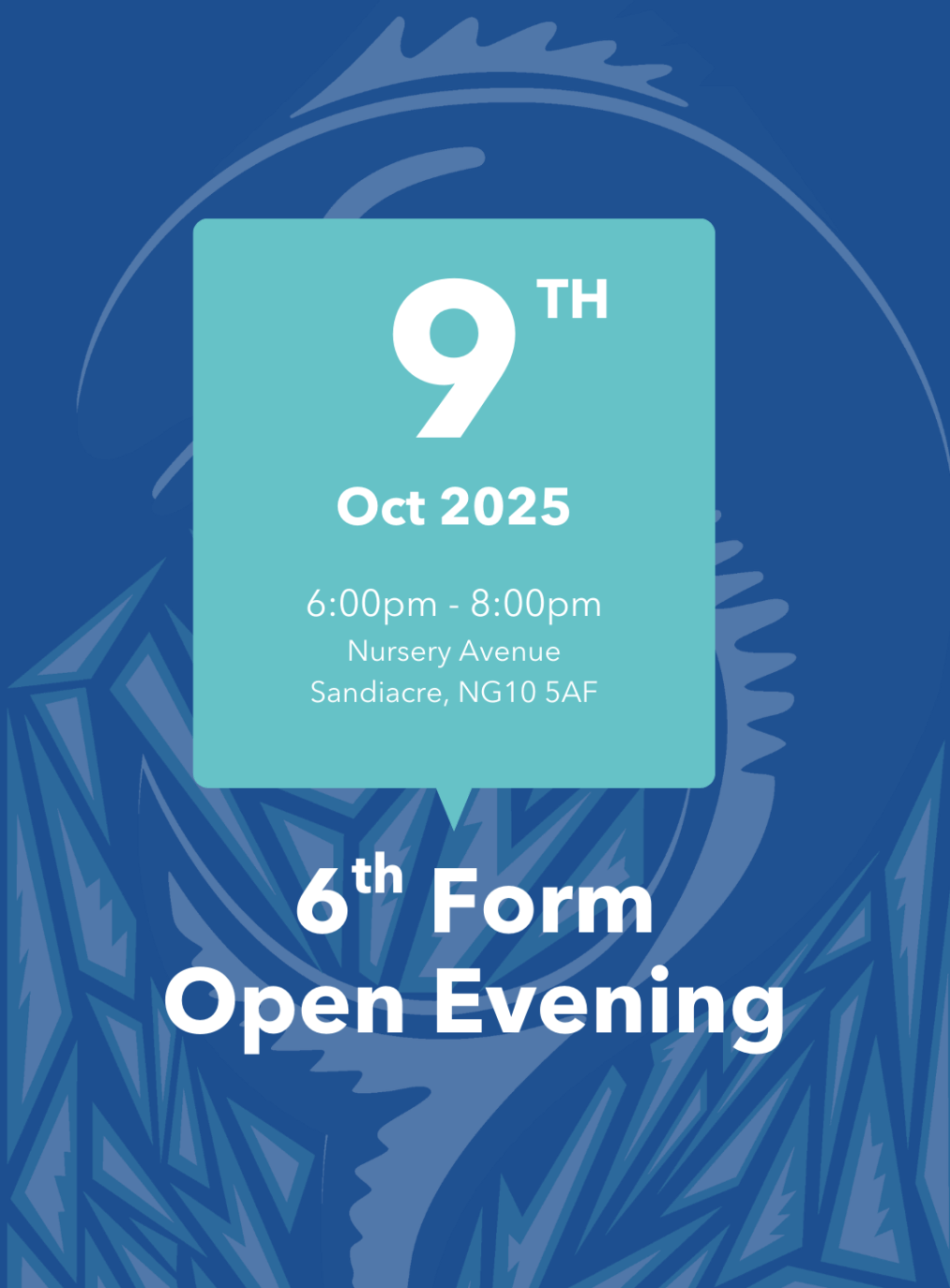Component breakdown
Paper 1 – Physical paper
Written examination: 2 hours and 15 minutes (30% of the qualification). An externally-assessed written examination comprising the following three sections.
- Section A – Topic 1-Tectonic Processes and Hazards – volcanoes, earthquakes, tsunamis – the causes, effects and management of these hazards.
- Section B – Topic 2-Coastal landscapes – the factors that shape coastlines, how they change over time and how humans manage these varied environments.
- Section C -Topic 5 – The Water Cycle and Water Insecurity – rivers, water supply and demand, drought, flooding, water scarcity and the challenges these bring.
- Topic 6-The Carbon Cycle and Energy Security – an evaluation of fossil fuels and alternative energy sources, the changing energy demands in different locations and issues relating to ensuring a reliable energy supply.
The examination may include short open, open response and resource-linked questions. including 12-mark and 20-mark extended writing questions.
Paper 2 – Human paper
Written examination: 2 hours and 15 minutes (30% of the qualification). An externally-assessed written examination comprising three sections.
- Section A – Topic 3 – Globalisation – the role of world organisations, governments and multinational companies in shaping the world – environmental issues, trade, migration.
- Topic 7 – Superpowers – the influence of different countries globally – political, cultural, economic, environmental and their role in decision making.
- Section B – Topic 4 – Regenerating places – how and why places change over time, the benefits and problems change may bring and the role of different interest groups in the decision making process.
- Section C – Topic 8- Health, human rights and intervention – the factors affecting access to health care and the implications for communities, the role of government in health care, people’s human rights and how these vary within and between countries, interventions from international organisations.
The examination may include short open, open response and resource-linked questions including 12-mark and 20-mark extended writing questions.
Paper 3 – Synoptic paper
Written examination: 2 hours and 15 minutes (20% of the qualification)
An externally-assessed written examination comprising three sections.
A resource booklet will contain information about the geographical issue. Sections A, B and C all draw synoptically on knowledge and understanding from compulsory content drawn from different parts of the course. The examination may include short open, open response and resource-linked questions. This includes 8-mark, 18-mark and 24-mark extended writing questions.
Assessment 4 – Independent Investigation
Non-examined assessment (20% of the qualification)
The student defines a question or issue for investigation, relating to the compulsory or optional content. The topic may relate to any aspect of geography contained within the specification
- The student’s investigation will incorporate fieldwork data (collected individually or as part of a group) and own research and/or secondary data
- The fieldwork, which forms the focus and context of the individual investigation, may be either human, physical or integrated physical-human
- The investigation report will evidence independent analysis and evaluation of data, presentation of data findings and extended writing
- Students will be expected to show evidence that they have used both quantitative and qualitative data to support their independent investigation as appropriate to the particular environment and/or location.
- The investigation report is internally assessed and externally moderated.
The student will produce a written report of 3000–4000 words.


